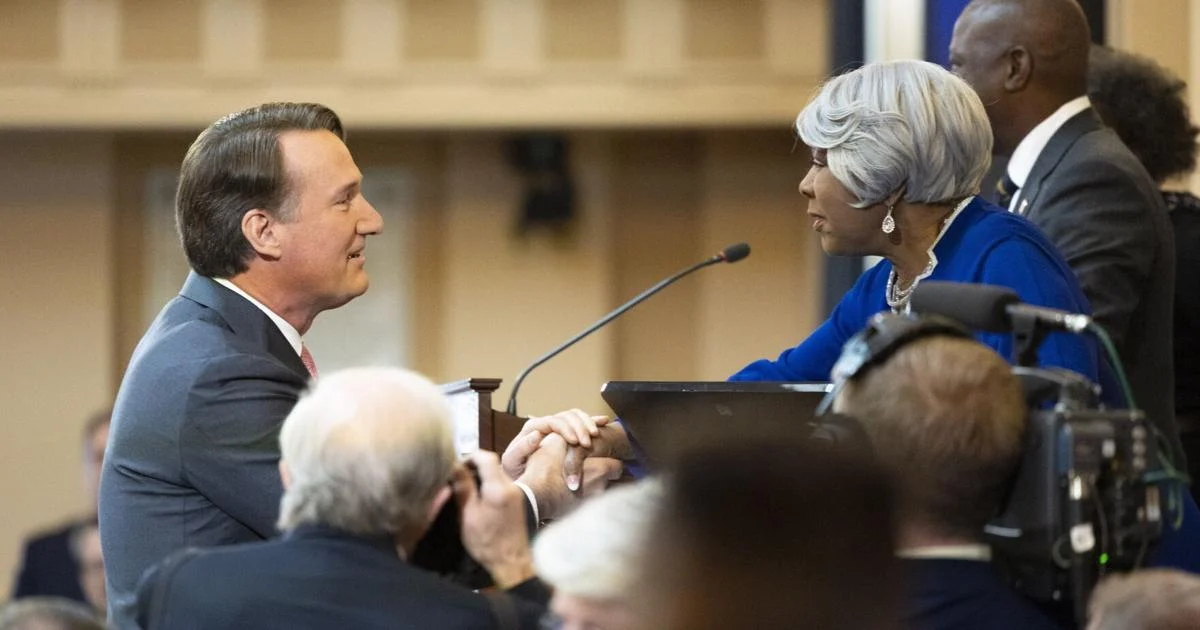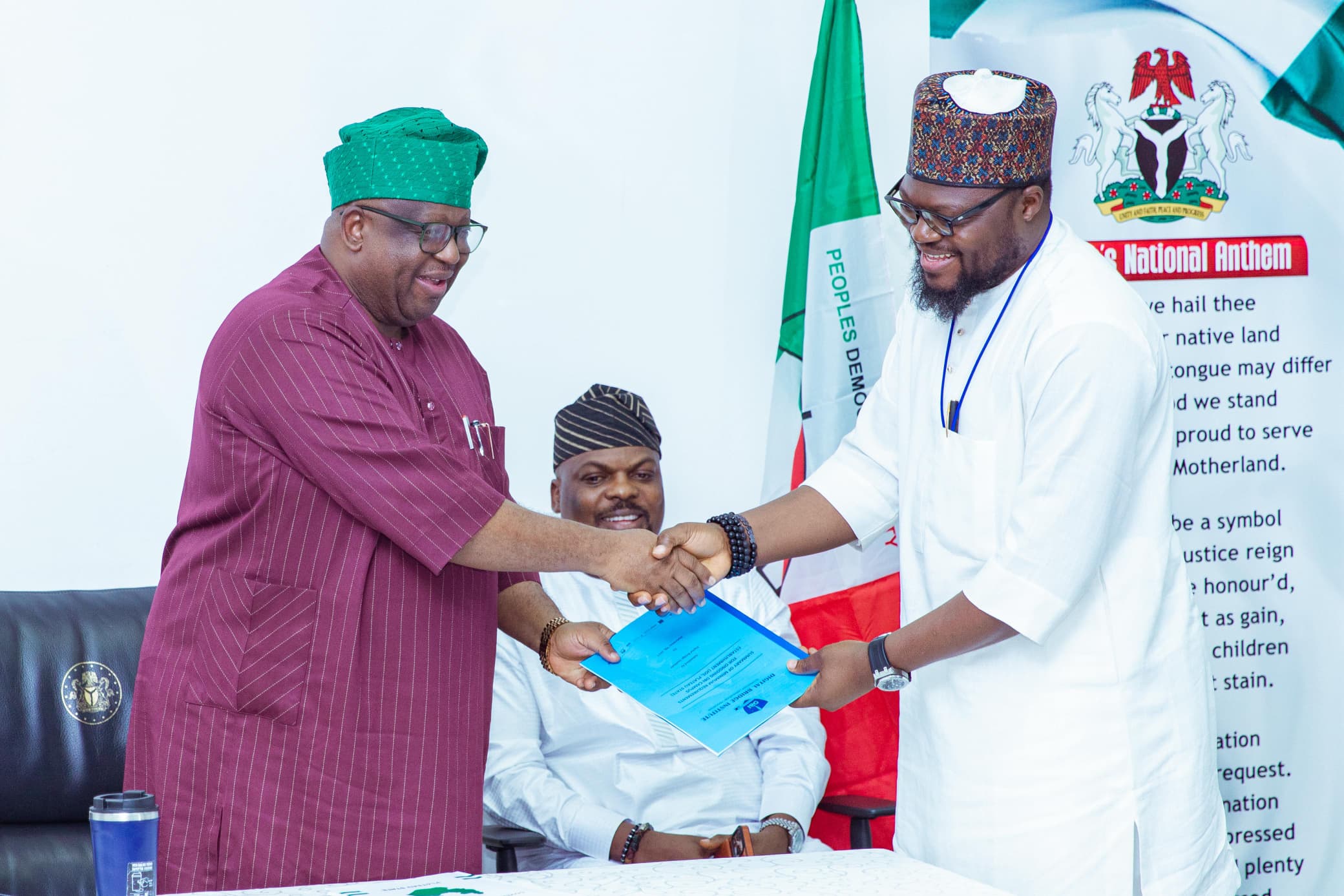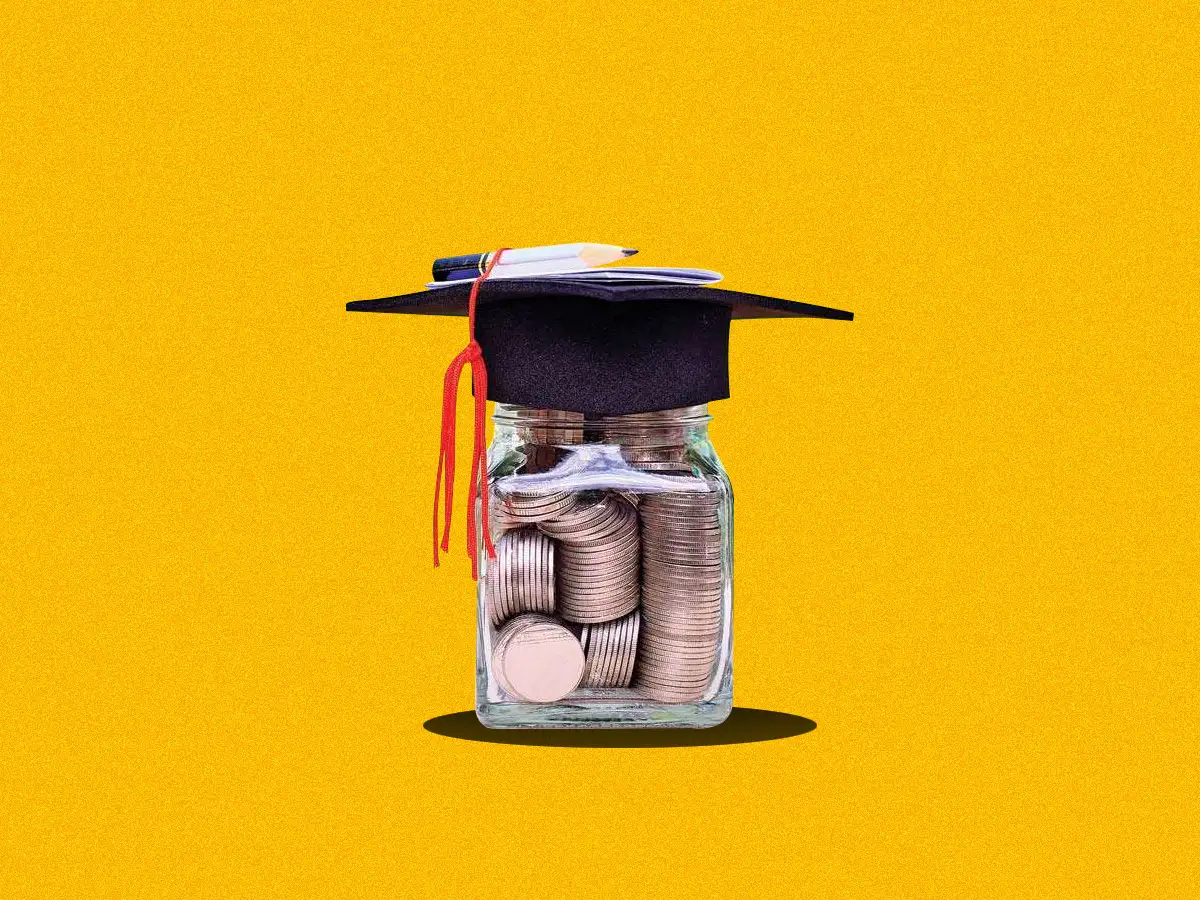
Virginia could lose more than $2.3 billion in budget revenues over three years under the tax-cut package that President Donald Trump signed into law on July 4, driven primarily by tax breaks for business.
If Virginia goes along with the big tax breaks for businesses in the “One Big Beautiful Bill,” it would mean a $573 million hit this year and an additional $559 million in the next two-year budget, which Gov. Glenn Youngkin will propose in December and which the General Assembly will work on next year.
If the state were to go along with other tax breaks in the new law — such as elimination of income taxes on tips, overtime, car loan interest and charitable deductions for taxpayers who do not itemize — that would be an additional nearly $343 million hit this year and $857 million in the next two-year budget.
Those estimates, which the Virginia Department of Taxation provided to the Senate Finance and Appropriations Committee on Tuesday, represent revenues that Virginia would not have available to pay for additional financial obligations for Medicaid and K-12 public schools, which the House Appropriations Committee said last week could exceed $1.75 billion in the next two years.
Senate Finance Chair Louise Lucas, D-Portsmouth, voiced her concern “about the budgetary needs for the upcoming biennial budget and their potential magnitude.” Lucas also warned that Virginia could suffer financially from other provisions of the Trump tax-cut package, which shifts costs from the federal government to the states for nutrition assistance and other safety net programs, and unilateral cuts to the federal workforce and spending on which the state’s economy depends.
“There are reasons to be concerned,” she said. “The actions that have been taken at the federal level are going to cause pain, and we will wait to see how this will manifest itself over the next several months.”
Secretary of Finance Steve Cummings said the state remains financially strong, with the latest estimates showing revenues $266.5 million ahead of forecast for the first two months of the fiscal year that began July 1, despite softening of the labor market and pressure on inflation from tariff policy.
“I think we’re going to be well-prepared to leave behind a good budget,” he said of Youngkin’s parting proposal before he leaves office in January.
Cummings did not address how the governor would address tax policy choices, which Deputy Tax Commissioner Kristin Collins then outlined for legislators on the budget committee.
The business tax breaks in the Trump tax law would hit the state budget if the General Assembly takes its usual course and fast-tracks legislation on an emergency basis to make state tax law conform to the new federal Internal Revenue Code.
“There’s going to be a lot of discussion about conformity this year,” Lucas said after the meeting.
Conformity legislation would align state taxable income with federal adjusted gross income, which the business tax breaks in the Trump package would reduce.
Eliminating taxes on tips, overtime and the other individual tax breaks would require separate state legislation, since these have what tax accountants call “below the line” impacts on taxpayers. Earlier this year, the legislature rejected Youngkin’s proposal to eliminate tip income from state taxation, as Trump had proposed during his presidential campaign.
“We’ll be looking at a lot of things, including those two,” Lucas said, referring to no tax on tips and no tax on overtime.
Legislators have in the past expressed interest in these ideas, she said, “but I think now the need is greater and so maybe there might be more of a different appetite for it.”
ABC sales
Lucas also expressed concern about declining sales at the Virginia Alcoholic Beverage Control Authority, which transfers net profits to the state general fund.
Dale Farino, chief executive officer at ABC, said revenues from 400 state-run stores declined more than 1% in the fiscal year that ended June 30 while sales to restaurants licensed to sell alcohol fell by more than 2.5%. Two years ago, the Youngkin administration estimated that revenues would increase by 5% a year for the next five years, even though alcoholic beverage sales were declining nationwide after the COVID-19 pandemic.
The authority has offset declines in sales revenues with cuts to operating expenses and still expects to meet its profit requirement of $225.5 million, with an additional $4.8 million carried over from the previous fiscal year.
However, Farino warned that ABC’s “recent cost-cutting efforts are not sustainable.”
The profit outlook was more positive at the Virginia Lottery, which reported an additional $33.3 million in profits carried over from the previous fiscal year, when the agency transferred almost $944 million in profits to the state’s fund for education.
The Lottery also reported a 19% increase in tax revenues from three casinos operating in Virginia — $138 million in the last fiscal year — and $86.4 million in revenues from taxes on sports betting, an increase of 16.7%.
Michael Martz (804) 649-6964
mmartz@timesdispatch.com
Dave Ress (804) 649-6948
dress@timesdispatch.com
Love
0
Funny
0
Wow
0
Sad
0
Angry
0
Michael Martz
State Politics Reporter
Get email notifications on {{subject}} daily!
Your notification has been saved.
There was a problem saving your notification.
{{description}}
Email notifications are only sent once a day, and only if there are new matching items.
Followed notifications
Please log in to use this feature
Log In
Don’t have an account? Sign Up Today
Dave Ress
State Politics / Growth and Development Reporter
Get email notifications on {{subject}} daily!
Your notification has been saved.
There was a problem saving your notification.
{{description}}
Email notifications are only sent once a day, and only if there are new matching items.
Followed notifications
Please log in to use this feature
Log In
Don’t have an account? Sign Up Today



